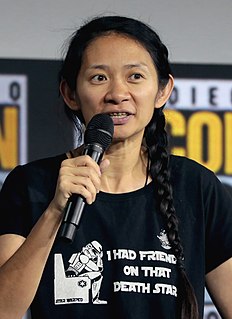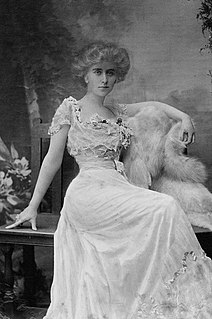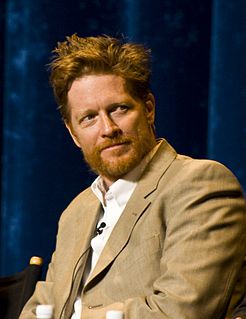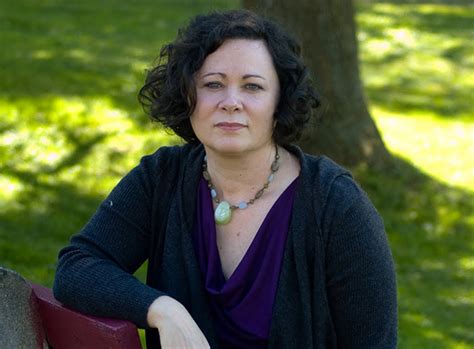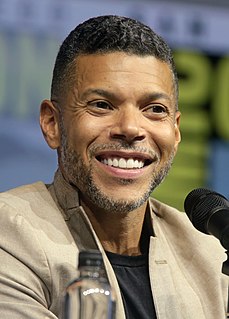A Quote by Chloe Zhao
'Meek's Cutoff' by Kelly Reichardt - it's beautifully shot. It's a complex story. The filmmaker gave a very patient and feminine touch to a story that takes place during a period of history that's very masculine, without losing any of the unforgiving harshness of the reality where the characters found themselves in.
Related Quotes
Meek's Cutoff by Kelly Reichardt. It's beautifully shot. It's a complex story. The filmmaker gave a very patient and feminine touch to a story that takes place during a period of history that's very masculine, without losing any of the unforgiving harshness of the reality where the characters found themselves in.
Everyone has a masculine and feminine side; masculine qualities and feminine qualities. We've all got these sides to ourselves. And clothes can tell that story. People would think this is very unsympathetic, but I would always say to people, you don't actually need to go through with an operation, can't you just be? You are who you are! But then people say to me, "Oh, you're really dreadful, how would you know?".
Creativity is basically a feminine process. I'm convinced that we have in our soul, everybody, this masculine side and this feminine side. So at the end of the day, you always use this feminine creative energy to write or to do any type of art or creativity. So if I see that my protagonist is feminine, it's not more difficult, no. And even when my protagonist is masculine, I'm writing from using this feminine energy.
